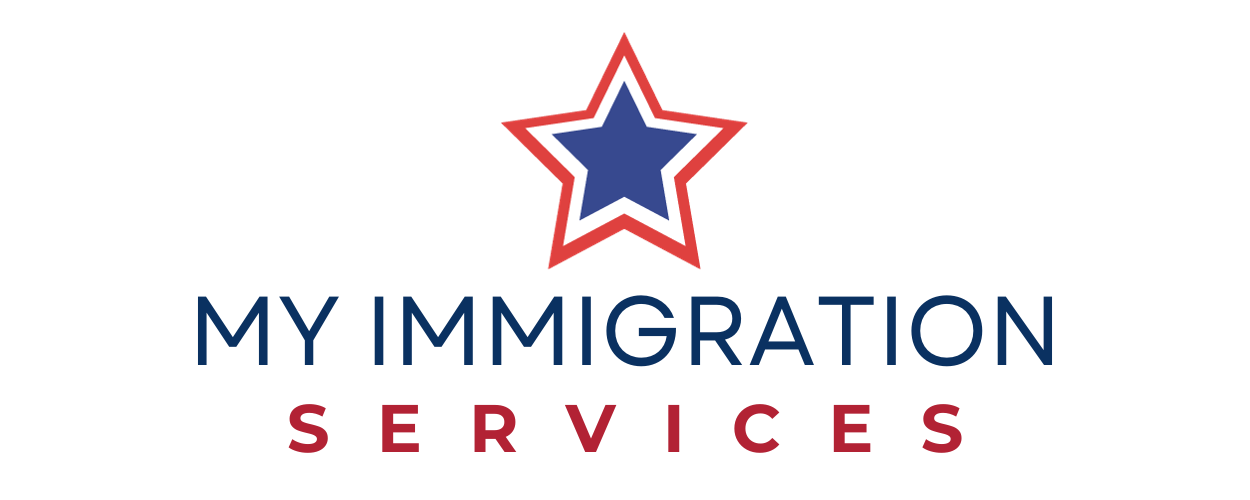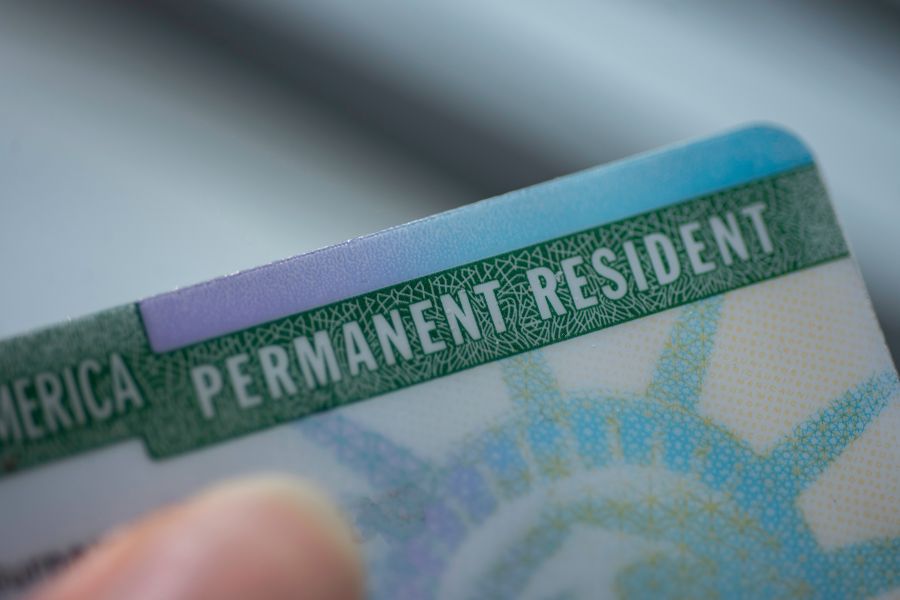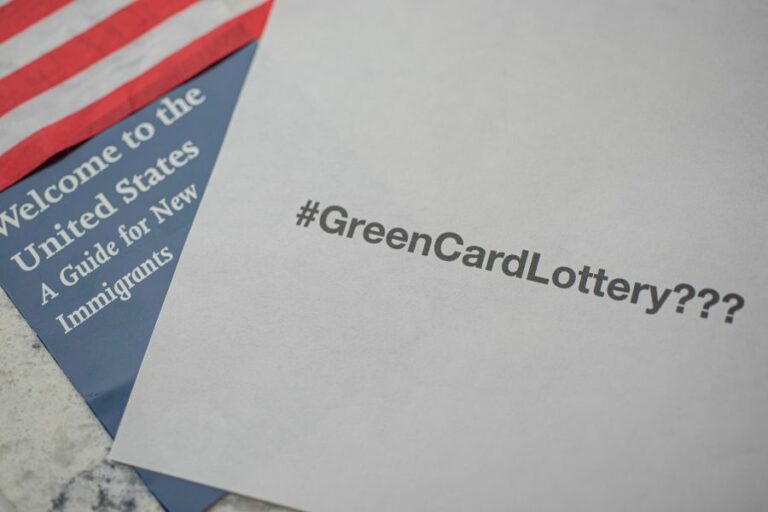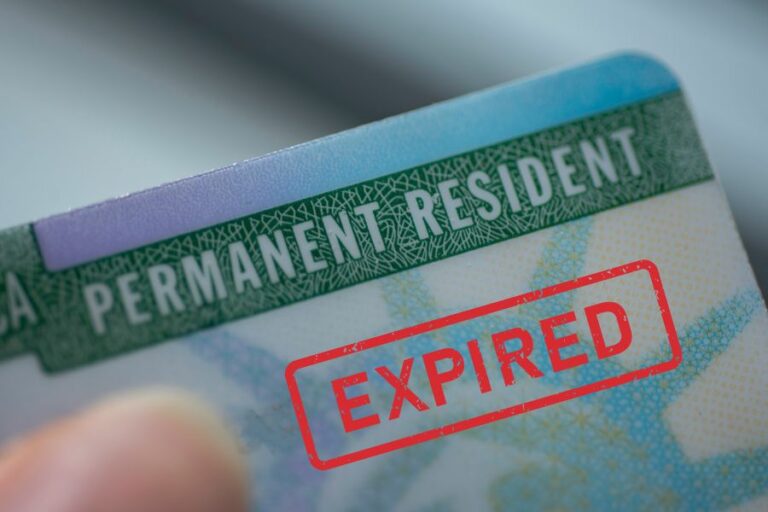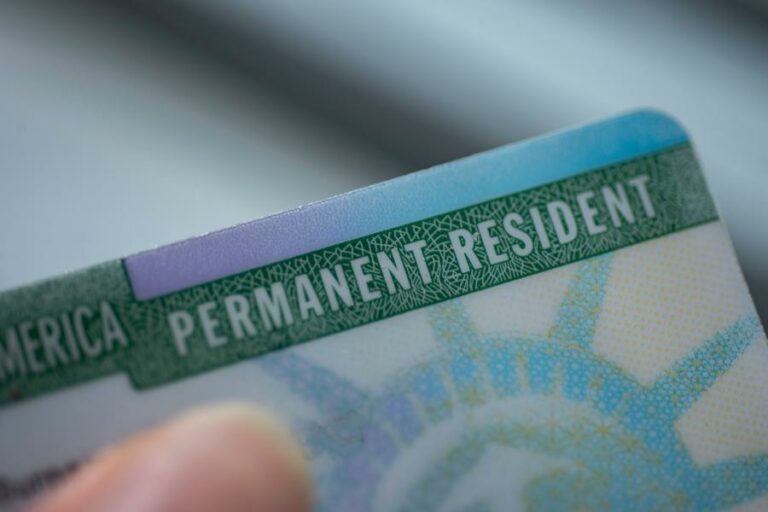7 Ways To Get a US Green Card (Without Marriage)
When it comes to getting a green card in the U.S., you might think marriage is the main way. But guess what? There are plenty of other paths to call America home. Whether you’ve got special talents, are looking to invest, family ties beyond a spouse, or need protection, there are options that don’t involve saying “I do.”
How To Get a US Green Card Without Marriage: Here Are The 7 Ways
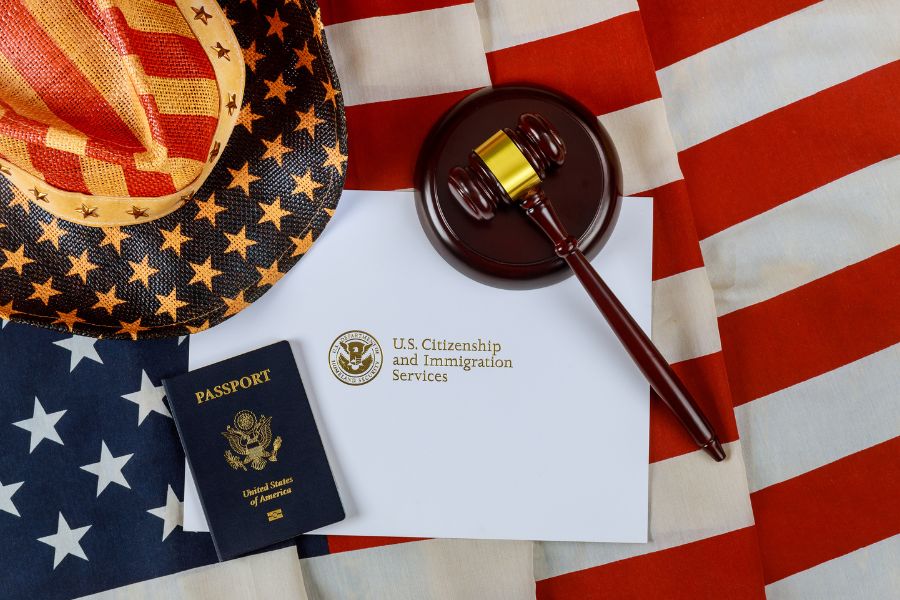
1. Get an Employment-Based Green Card
When it comes to employment-based green cards in the USA, there are two main routes: self-petitioning for those with extraordinary abilities or whose work significantly benefits the U.S., and obtaining sponsorship from a U.S. employer for specific types of jobs. Let’s explore these options:
A. Exceptionally Talented People (EB-1A & National Interest Waiver within EB-2)
For individuals with exceptional skills and achievements, the U.S. offers self-petitioning green card options. This means you can apply on your own without needing a job offer from a U.S. employer. The key categories here are:
- EB-1A: For those with extraordinary ability in Sciences, Arts, Education, Business or Athletics.
- EB-2 National Interest Waiver (EB-2 NIW): National Interest Waiver is for those whose work benefits the U.S. a lot.
Both require extensive documentation to prove eligibility.
B. Regular Job Offers (EB-1B, EB-1C, EB-2, EB-3, EB-4)
For others, securing a green card may involve getting a job offer from a U.S. employer. These categories are more traditional employment-based visas and include:
- EB-1B: For standout professors or researchers.
- EB-1C: For high-level managers transferring within their company.
- EB-2: Advanced degree holders or those with special skills, but usually needs a job offer.
- EB-3: For skilled workers, professionals, or other workers.
- EB-4: Special jobs like religious workers or certain government jobs.
2. Invest in the U.S. (EB-5 Immigrant Investor Program)
If you can invest a lot of money in a U.S. business and create jobs, an EB-5 Investor Visa can be a great option.
- Investment Amount:
- Generally, you need to invest $1.8 million.
- In a Targeted Employment Area (TEA) – a rural area or one with high unemployment – the minimum investment is $900,000.
- Job Creation: Your investment must create or preserve at least 10 full-time jobs for U.S. workers.
- Details:
- Aimed at boosting the U.S. economy.
- It’s a path to a green card if your investment leads to the creation of jobs.
- You must actively manage the business you invest in.
3. Family Options (Besides Marriage)
While marriage to a U.S. citizen or permanent resident is a well-known path to obtaining a green card, it’s not the only family-based option. The United States immigration system also allows for other family relationships to serve as a bridge to residency.
A. Immediate Family of U.S. Citizens
U.S. citizens can sponsor various immediate family members for green cards, often with shorter processing times due to no annual caps:
- Children Under 21: Unmarried children under 21 can be sponsored relatively quickly.
- Parents: If you’re a U.S. citizen and at least 21, you can sponsor your parents for a green card.
B. Other Family Sponsorships by U.S. Citizens
These categories generally have longer waiting periods due to annual visa limits:
- Adult Children: Both unmarried and married children over 21 can be sponsored, but the process can be lengthy, particularly for married children.
- Siblings: Sponsoring brothers or sisters, including half-siblings and adoptive siblings, usually takes longer due to higher demand and limited visa availability.
C. Family Members of Permanent Residents
Permanent residents have more limited options and potentially longer wait times:
- Spouses and Unmarried Children: This includes adult unmarried children. Green card holders can sponsor these family members, but the process might take longer than immediate family sponsorships by U.S. citizens.
In each case, the sponsoring family member needs to file a petition with USCIS and prove their relationship. The overall process varies in duration, reflecting the diverse nature of family-based immigration beyond just spousal relationships.
Learn more about Green Card Processing Times By Types of Green Cards.
4. Win the Green Card Lottery (Diversity Visa Lottery)
- Every year, the U.S. picks 50,000 people randomly to get a DV green card.
- It’s for people from countries that don’t send many immigrants to the U.S.
5. If You’re Facing Abuse (VAWA)
If a U.S. citizen or green card holder family member is hurting you, you can apply by yourself.
- Who It’s For: Not just for women! It’s for anyone facing abuse from a U.S. citizen or green card holder family member. This includes spouses, children, and sometimes parents.
- Details:
- You can apply on your own without the abuser knowing.
- It covers abuse by parents, children, or spouses who are U.S. citizens or permanent residents.
- It’s a safe way for victims to seek legal status without relying on the abuser.
VAWA Requirements & Evidence Explained
6. If You Need Protection (Asylum or Refugee Status)
- For those who face danger in their home country because of their race, religion, or beliefs.
7. Other Special Cases
- Special Immigrant Juveniles: For kids who have had a tough time with their families.
- Long-Time Residents: If you’ve been in the U.S. since 1972, there’s a chance.
- Cancellation of Removal: A last resort if you’re facing deportation but have strong ties in the U.S.
- U or T Visa: If you’re a victim of serious crimes or trafficking.
